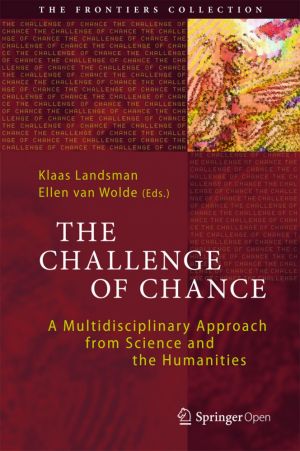
This book presents a multidisciplinary perspective on chance, with contributions from distinguished researchers in the areas of biology, cognitive neuroscience, economics, genetics, general history, law, linguistics, logic, mathematical physics, statistics, theology and philosophy. The individual chapters are bound together by a general introductio...
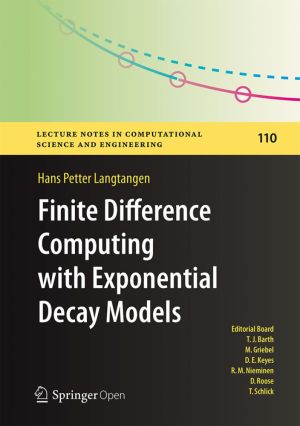
This text provides a very simple, initial introduction to the complete scientific computing pipeline: models, discretization, algorithms, programming, verification, and visualization. The pedagogical strategy is to use one case study – an ordinary differential equation describing exponential decay processes – to illustrate fundamental concepts ...
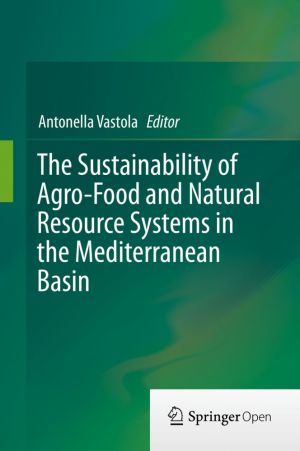
This book is focused on the challenges to implement sustainability in diverse contexts such as agribusiness, natural resource systems and new technologies. The experiences made by the researchers of the School of Agricultural, Forestry, Food and Environmental Science (SAFE) of the University of Basilicata offer a wide and multidisciplinary approach...
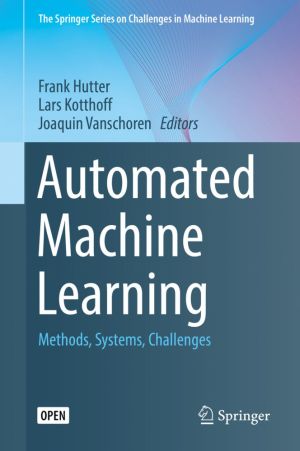
This book presents the first comprehensive overview of general methods in Automated Machine Learning (AutoML), collects descriptions of existing systems based on these methods, and discusses the first series of international challenges of AutoML systems. The recent success of commercial ML applications and the rapid growth of the field has created ...

"Hammel successfully illuminates how the production and circulation of Barber's work was deeply affected by contemporary attitudes towards gender and race within the colonial context of the nineteenth-century Cape. This fascinating book is destined to become a landmark in the history of science in South Africa."
—Nigel Penn, Unive...
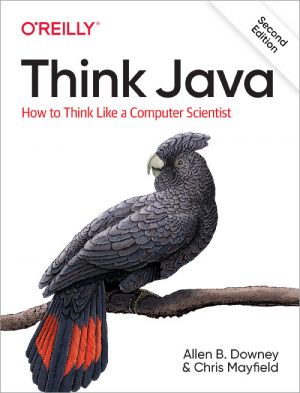
Think Java is a hands-on introduction to computer science and programming used by many universities and high schools around the world. Its conciseness, emphasis on vocabulary, and informal tone make it particularly appealing for readers with little or no experience. The book starts with the most basic programming concepts and gradually works its wa...
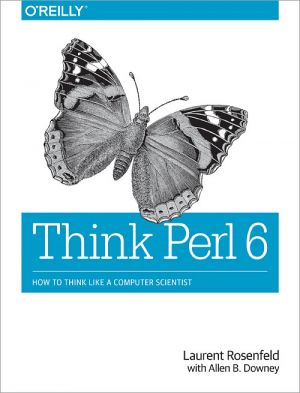
The title of this book was originally Think Perl 6, but since Perl 6 has been renamed Raku, we have also changed the title of the book.
Want to learn how to program and think like a computer scientist? This practical guide gets you started on your programming journey with the help of Raku (Perl 6), the younger sister of the popular Perl programm...

Consciousness is widely perceived as one of the most fundamental, interesting and difficult problems of our time. However, we still know next to nothing about the relationship between consciousness and the brain and we can only speculate about the consciousness of animals and machines.
Human and Machine Consciousness presents a new foundation fo...
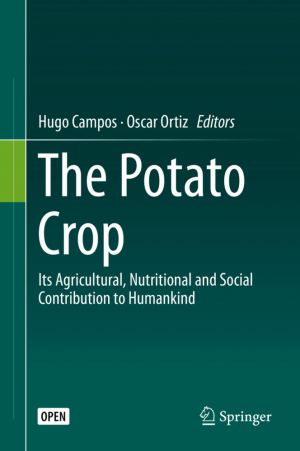
This book provides a fresh, updated and science-based perspective on the current status and prospects of the diverse array of topics related to the potato, and was written by distinguished scientists with hands-on global experience in research aspects related to potato. The potato is the third most important global food crop in terms of consumption...
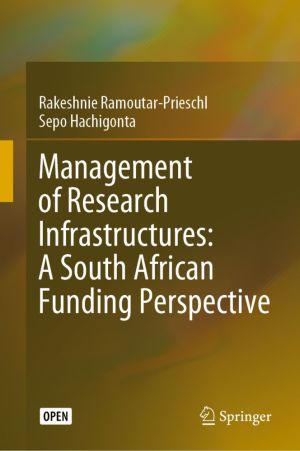
This book provides an overview of the building blocks necessary for managing, steering and guiding the establishment of a research infrastructure (RI). It offers valuable insights into RI investment, access and management at the academic, grants management, agency and policy level, and serves as a useful guide for the research community, students, ...
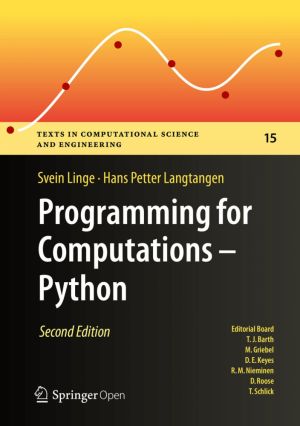
This book presents computer programming as a key method for solving mathematical problems. This second edition of the well-received book has been extensively revised: All code is now written in Python version 3.6 (no longer version 2.7). In addition, the two first chapters of the previous edition have been extended and split up into five new chapte...
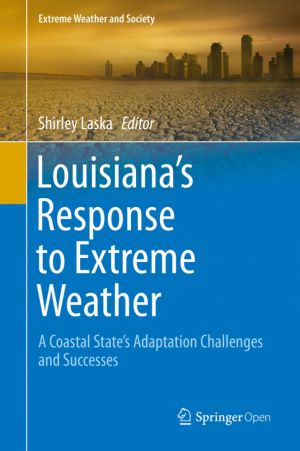
This book takes an in-depth look at Louisiana as a state which is ahead of the curve in terms of extreme weather events, both in frequency and magnitude, and in its responses to these challenges including recovery and enhancement of resiliency.Louisiana faced a major tropical catastrophe in the 21st century, and experiences the fastest rising sea l...

This open access book explores commentaries on an influential text of pre-Copernican astronomy in Europe. It features essays that take a close look at key intellectuals and how they engaged with the main ideas of this qualitative introduction to geocentric cosmology.
Johannes de Sacrobosco compiled his Tractatus de sphaera during the thirteenth ce...
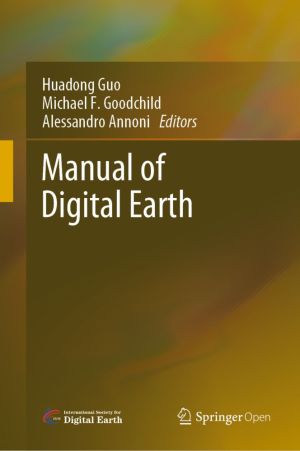
This open access book offers a summary of the development of Digital Earth over the past twenty years. By reviewing the initial vision of Digital Earth, the evolution of that vision, the relevant key technologies, and the role of Digital Earth in helping people respond to global challenges, this publication reveals how and why Digital Earth is beco...

This Open Access biography chronicles the life and achievements of the Norwegian engineer and physicist Rolf Widerøe. Readers who meet him in the pages of this book will wonder why he isn't better known.The first of Widerøe's many pioneering contributions in the field of accelerator physics was the betatron. He later went on to build th...

This is an open access book. Lewis F Richardson (1981-1953), a physicist by training, was a pioneer in meteorology and peace research and remains a towering presence in both fields. This edited volume reviews his work and assesses its influence in the social sciences, notably his work on arms races and their consequences, mathematical models, the s...

This book examines key aspects of international cooperation to enhance nuclear safety, security, safeguards, and non-proliferation, thereby assisting in development and maintenance of the verification regime and fostering progress toward a nuclear weapon-free world. The book opens by addressing important political, institutional, and legal dimensio...
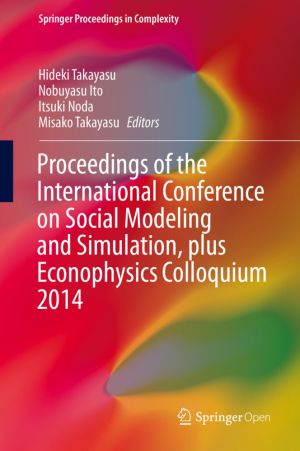
The proceedings of the international conference "SMSEC2014", a joint conference of the first "Social Modeling and Simulations" and the 10th "Econophysics Colloquium", held in Kobe in November 2014 with 174 participants, are gathered herein. Cutting edge scientific researches on various social phenomena are reviewed. Ne...
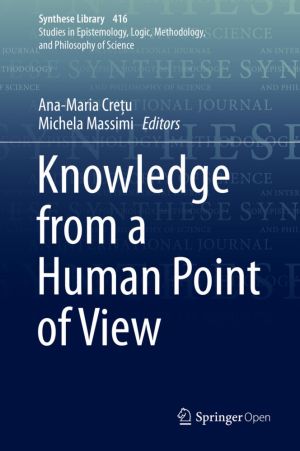
This open access book – as the title suggests – explores some of the historical roots and epistemological ramifications of perspectivism. Perspectivism has recently emerged in philosophy of science as an interesting new position in the debate between scientific realism and anti-realism. But there is a lot more to perspectivism than discussions ...
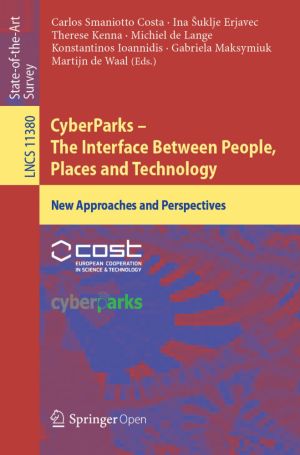
This book is about public open spaces, about people, and about the relationship between them and the role of technology in this relationship. It is about different approaches, methods, empirical studies, and concerns about a phenomenon that is increasingly being in the centre of sciences and strategies – the penetration of digital technologies in...

This book examines key aspects of international cooperation to enhance nuclear safety, security, safeguards, and nonproliferation, thereby assisting in development and maintenance of the verification regime and fostering progress toward a nuclear weapon-free world. Current challenges are discussed and attempts made to identify possible solutions an...

This comprehensive textbook describes the synthesis, characterization and technical and engineering applications of polymers. Offering a broad and balanced introduction to the basic concepts of macromolecular chemistry and to the synthesis and physical chemistry of polymers, it is the ideal text for graduate students and advanced Masters students s...

This book deals with one the most interesting aspects of human life - the search for meaning. It discusses how the science of semiotics is equipped to provide insight on what meaning is and how we produce it. Why is it that certain people routinely put their survival at risk by smoking? Why is it that some women make locomotion difficult for themse...
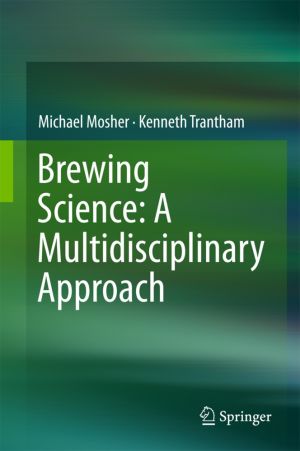
This text finally collects all the introductory aspects of beer brewing science into one place for undergraduate brewing science courses. This expansive and detailed work is written in conversational style, walking students through all the brewing basics from the origin and history of beer to the brewing process to post-brew packaging and quality c...
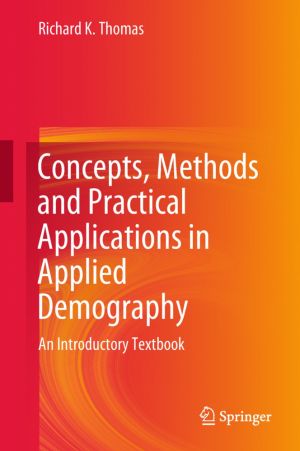
This textbook offers a comprehensive overview of applied demography by presenting both basic concepts and methodological techniques. It allows students from the social and human sciences, demographers, consultants and anyone interested in applied demography to gain an understanding of a wide range of practical applications of demographic concepts, ...
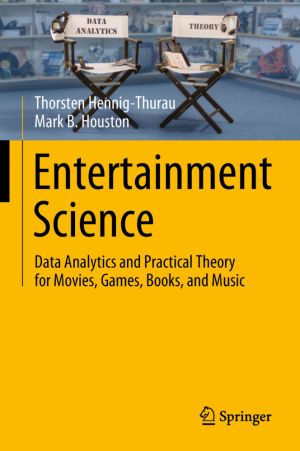
The entertainment industry has long been dominated by legendary screenwriter William Goldman’s “Nobody-Knows-Anything” mantra, which argues that success is the result of managerial intuition and instinct. This book builds the case that combining such intuition with data analytics and rigorous scholarly knowledge provides a source of sustainab...
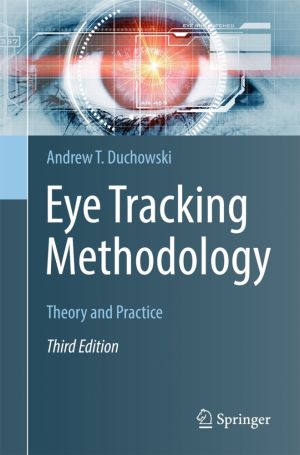
Focusing on recent advances in analytical techniques, this third edition of Andrew Duchowski’s successful guide has been revised and extended. It includes new chapters on calibration accuracy, precision and correction; advanced eye movement analysis; binocular eye movement analysis; practical gaze analytics; eye movement synthesis. Eye Tracking ...
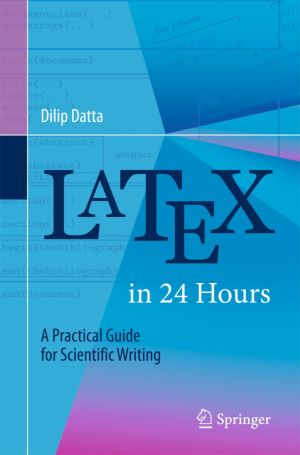
This book presents direct and concise explanations and examples to many LaTeX syntax and structures, allowing students and researchers to quickly understand the basics that are required for writing and preparing book manuscripts, journal articles, reports, presentation slides and academic theses and dissertations for publication.
Unlike much of th...

To tap into the power of Python's open data science stack - including NumPy, Pandas, Matplotlib, Scikit-Learn, and other tools - you first need to understand the syntax, semantics, and patterns of the Python language. This report provides a brief yet comprehensive introduction to Python for engineers, researchers, and data scientists who are a...
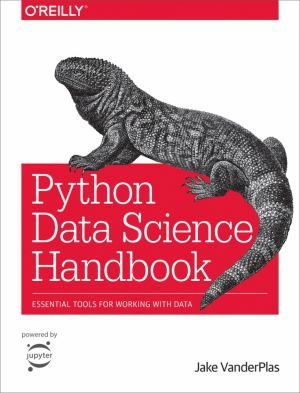
For many researchers, Python is a first-class tool mainly because of its libraries for storing, manipulating, and gaining insight from data. Several resources exist for individual pieces of this data science stack, but only with the Python Data Science Handbook do you get them all - IPython, NumPy, Pandas, Matplotlib, Scikit-Learn, and other relate...
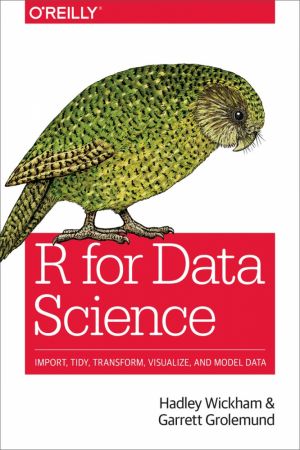
Learn how to use R to turn raw data into insight, knowledge, and understanding. This book introduces you to R, RStudio, and the tidyverse, a collection of R packages designed to work together to make data science fast, fluent, and fun. Suitable for readers with no previous programming experience, R for Data Science is designed to get you doing data...
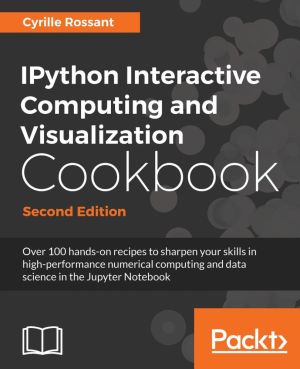
Python is one of the leading open source platforms for data science and numerical computing. IPython and the associated Jupyter Notebook offer efficient interfaces to Python for data analysis and interactive visualization, and they constitute an ideal gateway to the platform.
IPython Interactive Computing and Visualization Cookbook, 2nd Edition ...
